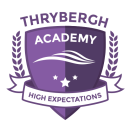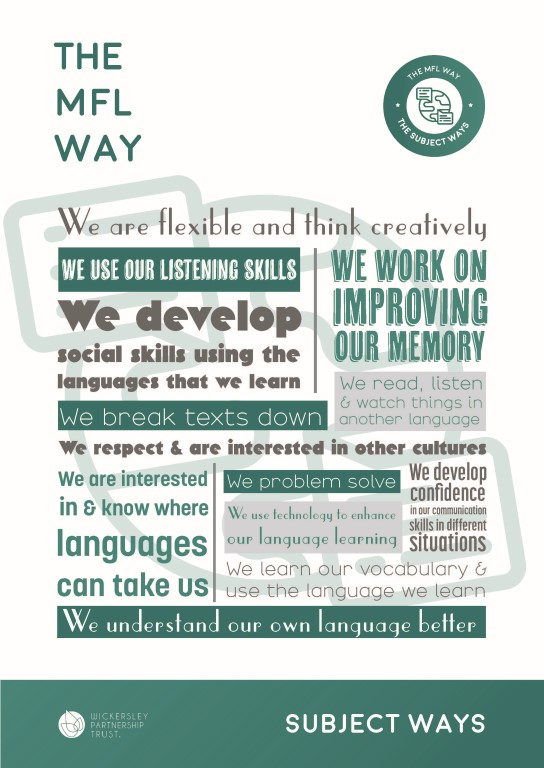Curriculum
Spanish
The Subject Way
Firstly, to teach students the vital skills they need to achieve their full potential and gain the very best grades they can. Secondly, to teach students how each subject relates to the wider world, incorporating the life skills they will learn.
It is our belief that knowing how what you learn links to the wider world brings a subject to life and therefore improves overall understanding and engagement.
Why study Spanish?
- People who speak a foreign language earn 20% more on average than those who don’t!
- Tourism, ICT, Marketing, Banking, Business and Engineering are just a few areas where you can use your language skills.
- You may gain a clear advantage when applying to university for any kind of course.
What will I learn about?
- Language skills that will enable you to cope in a Spanish-speaking country on your own.
- Skills enabling you to cope in everyday situations.
- A number of topics including: family and friends; technology; free time, holidays and school
Key Areas
- A mixture of listening, speaking, reading and writing activities linked to various topics
- Information about life in Spain
- You will sometimes work in pairs or groups and also independently. There will be a number of opportunities to go on trips throughout the year to use the skills you develop in.
How will I be assessed?
Assessment at GCSE is all by final examination. You will be assessed on the four language skills:
- Listening – 25%
- Speaking – 25%
- Reading – 25%
- Writing – 25%
What do employers think about the subject?
- Spanish is in the top three most desired additional languages by employers
- Job prospects open, not just in the UK but worldwide
What are the skills I will gain?
To achieve in GCSE Spanish you will need:
- Previous knowledge of Spanish
- An interest in developing your own communication skills to be able to understand and speak with others confidently
- An enthusiastic approach to trying out new language skills
- An ability to listen and read for detail
- An ability and eagerness to learn new vocabulary and structures
- A desire to learn about life in Spain
- A small dictionary for homework
- Willingness to work hard
Our Curriculum
Our KS3 curriculum aims to empower our learners with the linguistic tools, high frequency structures and vocabulary that are useful for real life communication that naturally feed into their next stage of learning.
For each year group in KS3 the culturally rich SoW has progressive end points. The key knowledge below is sequentially taught through the vehicle of the following topics across KS3.
| Y7 | Y8 | Y9 |
Verbs | To have & to be & to live – minimum 1st & 3rd person present tense
| Regular verbs present tense Common irregulars – to go & to do Simple future tense
To wear – to play – to go – to do – to listen – to stay
| Past, present & future tense – regular verbs & common irregulars – minimum 1st & 3rd person singular (& plural)
To wear – to play – to go – to do – to listen – to stay – to ride – to watch To be able
|
Connectives | And, but, also, because, however | Although, therefore | Without doubt, instead of, in contrast |
Intensifiers | A bit, very, quite, too. | ||
Justified opinion | Simple opinion – I like, I love, I don’t like, I hate + reason
| Complex opinion & future tense + reason I cannot stand, I prefer, I think that ,it makes me want to +verb, it makes me + adj, it will be.
Clothes, Music, Holiday plans, Petit Nicholas | Complex opinion – past & future tenses + reason As far as I know If I were able to give my opinion If I had the choice
|
Adjectival agreement | Hair & eyes.Describing self & others. Family opinions. Pets & colours. | Talking about clothes (gender & number) |
|
Negation | I do not have / he she does not have / I do not like
| Never | It will not be at all… It was not at all … |
Comparatives |
| More than less than |
|
Time phrases |
| Normally, on Monday, usually, at the weekend, from time to time, everyday, often, sometimes, in general, when + weather Next summer, next year | I usually Next weekend, next Saturday, next Sunday, tomorrow, Last year, last weekend, last Friday, last Sunday, in the holidays, two years ago |
The content of each unit of work contains one or more constructions which have been selected with real life communication in mind whilst carefully assuring the National Curriculum is sufficiently addressed, if not exceeded through our robust enrichment programme.
1. Greetings, age and birthday
| 2. Describing physical appearance – Hair and eyes | 3. Family and their ages | 4. Spontaneous speaking and writing review (inc. Christmas – famous figures) | 5. Saying who you get on with in your family and why.
(inc. Careers in MFL)
| 6. Pets and colours
| 7. Using opinions to say what food you like and don’t like.
| 8. The Hispanic World | 9. Spontaneous speaking and writing review |
1. Film study – Coco – review of Y7 language on personal descriptions and family inc. Day of the Dead cultural exposé | 2. Arranging a trip to a restaurant | 3. Saying what clothes you wear and why inc’ clothes shopping in a Spanish store
| 4. What I and others do in our free time (inc. weather) Careers in MFL
| 5. Spontaneous speaking and writing review | 6. Music opinions with a focus on learning about music from the Spanish speaking world | 7. My holiday plans
| 8. Spontaneous speaking and writing review
|
1.Saying what you can do & what you did in Barcelona | 2. Saying what I did and am going to do at the weekend | 3. Describing film preferences and a recent trip to the cinema
| 4.Spontaneous speaking and writing review
| 5. Film review -Zipe y Zape
| 6. Describing a typical day at school
| 7. Future ambitions |
8. Spontaneous speaking and writing review. | 1. Opinions and Hispanic festivals and typical celebrations | 10 Describe a festival that you have been to and are planning to go to. | 11. Describing a past holiday | 12. What makes a good friend? | 13. Literature – Voces inocentes |
For KS4, students will have the option to continue with one or perhaps both of the languages that they studied in KS3.
Students will take the Pearson Edexcel exam which allows them to develop their ability to communicate with native speakers in both speech and writing. They will study across a variety of contexts relevant to their age and interests and will also develop a greater awareness of the culture of target language-speaking communities and countries.
The aims and objectives of the course are to enable students to:
- develop their ability to communicate confidently and coherently with native speakers in speech and writing, conveying what they want to say with increasing accuracy
- express and develop thoughts and ideas spontaneously and fluently
- listen to and understand clearly articulated, standard speech at near normal speed
- deepen their knowledge about how language works and enrich their vocabulary in order for them to increase their independent use and understanding of extended language in a wide range of contexts
- acquire new knowledge, skills and ways of thinking through the ability to understand and respond to a rich range of authentic spoken and written material, adapted and abridged, as appropriate, including literary texts
- develop awareness and understanding of the culture and identity of the countries and communities where the language is spoken
- be encouraged to make appropriate links to other areas of the curriculum to enable bilingual and deeper learning, where the language may become a medium for constructing and applying knowledge
- develop language-learning skills both for immediate use and to prepare them for further language study and use in school, higher education or employment
Department Staff
K Dodds
Director
- kdodds@rawmarsh.org
C Shaw
Curriculum Newsletters
Find out more
If you would like more information about our curriculum, please contact the school using the details on our contact page.
Our Subjects at KS4
CORE SUBJECTS
EBACC SUBJECTS
OPTION SUBJECTS



